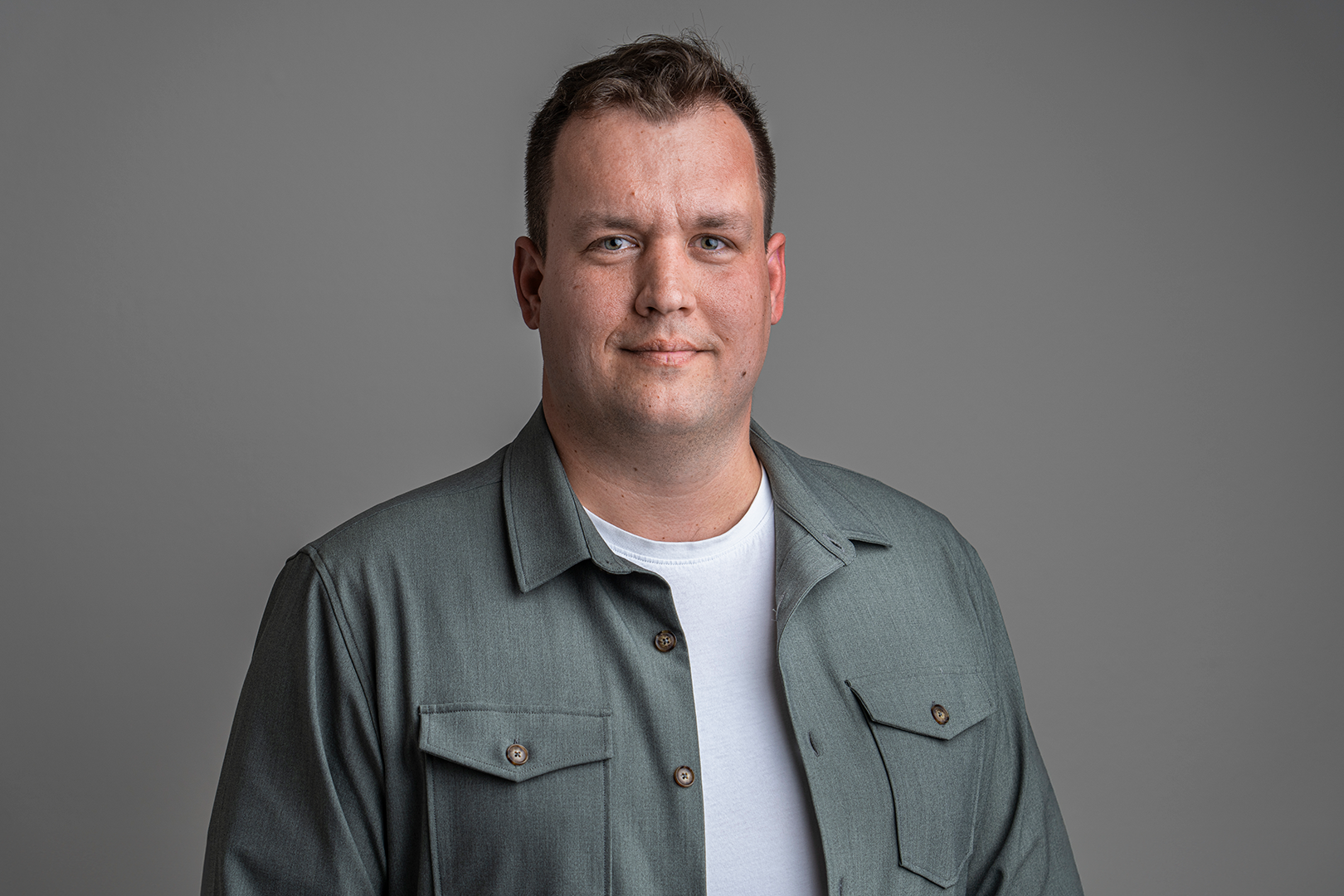Rasmus Kock Flygaard
Research leader

Project title
Functional and Structural Consequences of Defect Mitochondrial Cardiolipin Homeostasis
What is your project about?
All life needs energy in order to exist, and inside human cells there are many small energy factories called mitochondria, whose primary purpose is to provide the energy necessary for us to stay alive. Although mitochondria are now a part of us humans, they were once bacteria themselves, and we have inherited, among other things, a bacterial molecule called cardiolipin. It is a membrane molecule that is absolutely essential for mitochondria to produce the energy they need.
In my project, I will investigate how cardiolipin is prepared to support this energy production, as well as study cases where cardiolipin does not function properly and what consequences this has for the energy-producing protein complexes in the mitochondria.
How did you become interested in your particular field of research?
In high school, I had a very inspiring biology teacher who pointed me in the direction of molecular biology. At university, I once again had some fantastic lecturers who introduced me to the discipline known as structural biology, which focuses on how biological molecules are built at the atomic level and often helps explain how specific biological functions work. I find it absolutely fascinating. The development within structural biology is gradually making it possible to study difficult or complex systems, where the answers from experiments not only expand our understanding of molecular biology but also enable us to ask new, even more challenging questions. It’s something you can easily become a bit addicted to.
What are the scientific challenges and perspectives in your project?
One of the challenges in my project is that the samples we want to study the structures of should ideally be as homogeneous as possible. If the samples are too heterogeneous, it can become very complex to analyze the structures — or in some cases, even impossible. Another challenge is whether the protein complexes from disease cases are stable enough to be structurally analyzed, or if the sample falls apart beforehand.
In such cases, it may become necessary to conduct structural studies inside the mitochondria themselves, which is not a trivial task. The broader perspective of a basic research project like this is that we gain important insights into human biology — how molecules function, but also what goes wrong in disease. This knowledge might be useful for others in future studies on how a disease could potentially be treated.
What is your estimate of the impact, which your project may have to society in the long term?
Expanding our understanding and insight into how mitochondria function — both in health and disease — is an important contribution for the future. Mitochondria are incredibly important and central players in many different human diseases, where the role of cardiolipin is either unknown or poorly understood. As people generally live longer, there will also be increasing focus on mitochondria in age-related research. In this context, knowledge and understanding of cardiolipin’s importance in various processes will become highly valuable.
Which impact do you expect the Sapere Aude programme will have on your career as a researcher?
First of all, it is a great honour to receive a Sapere Aude: DFF-Research Leader grant, for which I am very grateful. It enables me to expand my research group’s focus on cardiolipin studies — something that would not have been possible otherwise. In addition, the grant allows me to recruit more young researchers into my group and, hopefully, inspire them to become just as fascinated by cardiolipin as I am, so they may carry that interest forward in whichever direction their careers take them.
Background and personal life
I live in Aarhus with my wife and our dachshund. I enjoy gardening — there’s something relaxing and grounding about putting a lot of energy into planting and sowing, and then later being able to harvest it for our own use.
I also like spending entire weekends on kitchen projects or going out to discover new hiking trails in the Danish countryside with my family. From late October to June, many of my nights are also spent awake following basketball from the American league. Go Timberwolves.
View all research leaders here
Research institution
Aarhus University, Department of Molecular Biology and Genetics
Research field
Structural biology
City of your current residence
Aarhus
High school
Egaa high school
